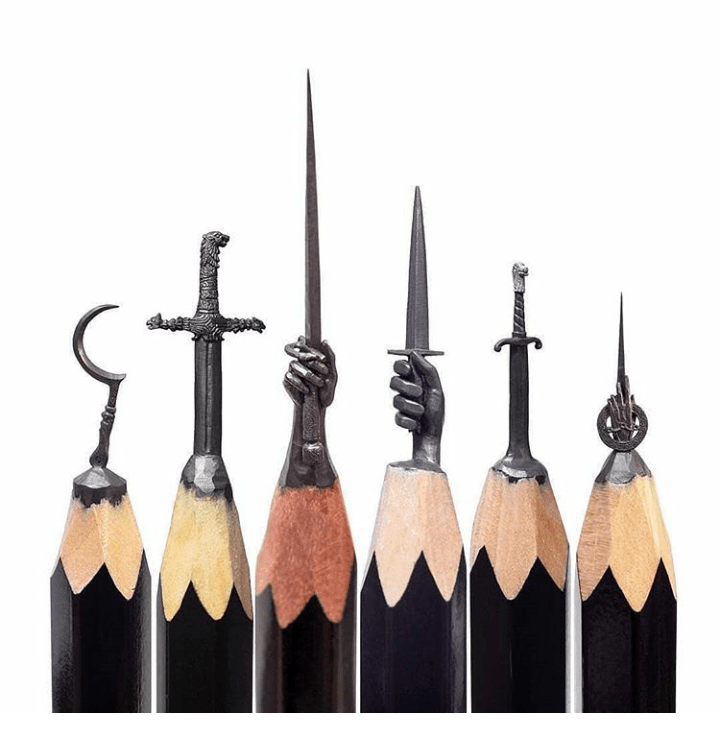Robotism and professionalism have become closely knitted, so much so that they are used interchangeably. This should not be the case. One stark and arguably the most crucial difference between the two terminologies is that while the latter supports adaptability and flexibility, the former does not. Since time immemorial, the Press has borne the role of the Fourth Estate: ensuring those in power do not rest on their oars, holding them accountable and preserving public interests as society’s watchdog.
However, with recent happenings, allegations have been levelled against the press, stating their supposed weaponisation to serve the interests of a select group of individuals rather than the general public. Specifically, in the University of Ibadan, where the press should be a beacon of truth and intellectual freedom, some believe a shift has occurred. Let’s examine this critically.
The Role of the Press and the Weaponization Theory
All local press organisations within the university are saddled with the responsibility of serving as a platform for the students and, by extension, faculty and staff to express themselves, share ideas, and lay bare their grievances. It is imperative that the university’s press bodies be independent, impartial, and committed to truth-telling, providing a safe space for robust debate and discussion. Having understood the delicate nature of the role of the press, one must also understand that it would be foolhardy to sweep under the carpet, allegations of this body being used for biased purposes.
The genesis of this most recent allegation can be traced to Friday, the 26th of July, 2024. On this day, a petition signed by 250 students of the University of Ibadan, calling for Congress, was sent to the Students’ Union, Union of Campus Journalists, press bodies and all relevant stakeholders. The failure of the Students’ Union (SU) executives to respond sparked concerns, thus leading press bodies to write about the situation. The Union’s President, Aweda ‘Oloye’ Bolaji, appeared to be displeased by this, explaining on his WhatsApp status that more time (about 48 hours) was required to reply to the call of the Congress as the letter had to pass through Management to get certification and approval, meaning that the call was consequently null and void. He further explained that the Press should be objective in such an instance, thus insinuating that they [the Press] were being weaponised in that situation. Interestingly, similar comments were made during and after the protests about the Press possibly playing an instigative role. This section of individuals believes specific reports made were inflammatory and could have been milder.
Are the Accusations Valid?
In football, players get heavily criticised for missed chances or certain actions by fans. These fans often fail to see that even though those individuals are players, it doesn’t take away their humanity, as they are not robots. The same can be said of the Press. It’s a flawed assumption that individuals who are members of this body cease to have the right to feel, forgetting that, in this context, they are students, and whatever pain runs through the spine of every student runs through theirs as well. ‘Professionalism’ is the code of conduct demanded and not “robotism”, as a reminder that being human cannot be neglected.
Still, on the message of professionalism, it must be stated that a golden rule of pressmen is objectivity, which in no way disqualifies the tendency to be opinionated, simply highlighting that press members reserve the right to give their opinion on topical issues. They can go as far as being key players in several sectors so far as they do not go against the tenets on which the body was built. Opinionated, they can be biased, they mustn’t.
This then begs the question: Are such claims justified? A very lucid response to this lies in the role of pressmen in the just concluded student protests on campus. It could be seen that several pressmen came out en masse, not as reporters or campus journalists but as students, to fight for their rights. In that regard, if the ability to feel pain is a crime, then the [Oloye and others] claim is justified. But this just shows the hollowness of said claim. In this instance, men and women of the Press simply channelled the concerns of fellow students. A failure to see that is in itself biased.
Not a single case of biased reporting, censorship and spreading of propaganda has been identified in this and other instances. Students made a call. Students expected a response. Men and women of the Fourth Estate communicated this. Some might argue that the Press should have explained the peculiarities of the situation. But that takes away from whom the direct communication channels with Management belonged to in that instant; the SU. A better course of action would have been to release an explainer.
Implying the use of the Press could lead to a feeling of democratic insecurity as a weaponised press would be used to manipulate public opinion, suppress dissent and maintain power. Most importantly, following such allegations, the credibility of the Press could decline. At this point, it must be emphasised that the Fourth Estate is not above reprimand or stumbles. Press men and women may get carried away in the euphoria of doing the right thing. In fact, it does occur. This is why feedback from the public is necessary, as is the supervisory role of the Union of Campus Journalists. In the instance that Press bodies start to act as watchdogs for just a subset of the student populace, alarms must be raised to ensure further spread is curbed. Anything aside from this would be tantamount to chaos. But this is not an excuse to promote potentially damning rhetoric and theories.
Nmesomachi Okoronkwo

